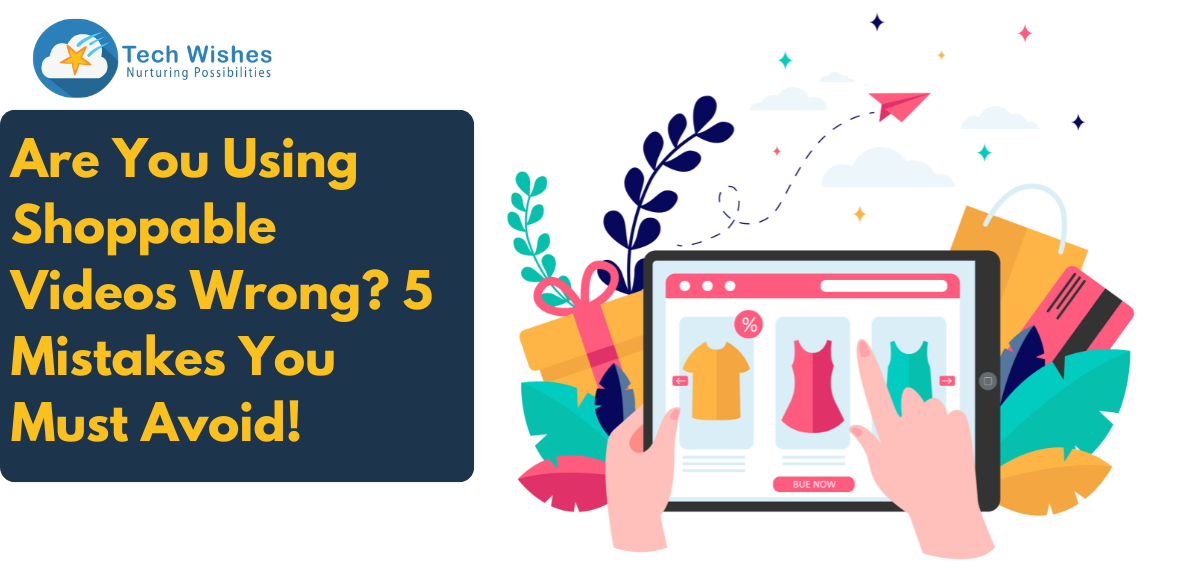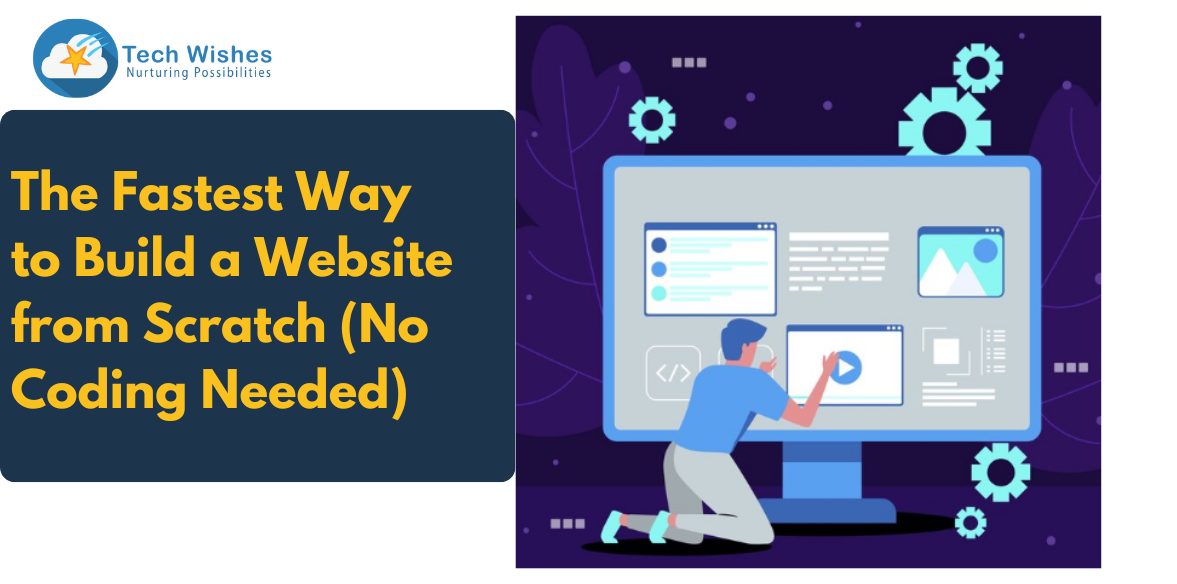Introduction: Unleashing the Power of SEO in E-Commerce
In the competitive world of online retail, search engine optimization (SEO) plays a pivotal role in driving traffic, sales, and conversions for e-commerce stores. As consumers increasingly turn to search engines to discover products and make purchasing decisions, implementing effective SEO strategies becomes essential for e-commerce success. In this blog, we explore the key SEO tactics and techniques that e-commerce businesses can leverage to enhance visibility, attract the right audience, and boost sales.
1. Keyword Research: Understanding User Intent
The foundation of successful e-commerce SEO lies in thorough keyword research. Identify relevant keywords and phrases that align with your products and services, but also consider user intent. Understand the search queries users use when looking for products, and optimize your product pages, category pages, and blog content accordingly. Long-tail keywords and product-specific keywords can be particularly valuable in attracting qualified traffic.
2. On-Page SEO: Optimizing Product Pages for Search Engines
On-page SEO involves optimizing individual product pages to make them more search-engine friendly. Key on-page elements to optimize include:
– Title Tags: Craft descriptive and compelling title tags that include relevant keywords and accurately represent the product.
– Meta Descriptions: Write engaging meta descriptions that entice users to click through to your product page.
– Product Descriptions: Create unique, informative, and keyword-rich product descriptions that provide value to both users and search engines.
– Image Alt Tags: Optimize image alt tags with descriptive and relevant keywords to improve image search rankings.
Reach out to the top digital marketers in India to know more…
3. Site Structure and Navigation: Enhancing User Experience
A well-organized site structure and intuitive navigation not only improve user experience but also benefit SEO. Ensure that your website is structured logically with clear category hierarchies and easily accessible product pages. A user-friendly navigation system helps search engines understand the relationships between different pages and boosts overall crawlability.
4. Mobile-Friendly Design: Capturing Mobile Shoppers
Mobile devices account for a significant portion of e-commerce traffic. To cater to the growing number of mobile shoppers, adopt a mobile-first approach to your website design. A responsive and mobile-friendly design not only improves user experience but also positively impacts search rankings, as mobile-friendliness is a crucial factor in Google's search algorithm.
5. High-Quality Content: Educate, Inform, and Engage
Investing in high-quality content can set your e-commerce store apart from competitors. Create informative and engaging blog posts, product guides, and tutorials that cater to the interests and needs of your target audience. Valuable content can attract organic traffic, build brand authority, and encourage social sharing and backlinking—important factors for SEO success.
Confused about personalising content strategies? Reach out to the team of top digital marketers in India…
6. User-Generated Content: Harnessing the Power of Reviews
User-generated content, such as product reviews and testimonials, adds credibility to your e-commerce store. Positive reviews not only influence purchase decisions but also contribute to improved search rankings. Encourage customers to leave reviews and testimonials, and showcase them on your product pages.
7. Internal Linking: Boosting Page Authority
Internal linking is a simple yet effective SEO tactic that can significantly impact your website's visibility. Link relevant product pages and blog posts together using descriptive anchor text. This practice not only guides users to related content but also distributes page authority throughout your website, enhancing the chances of higher rankings.
8. Technical SEO: Optimizing Behind the Scenes
Technical SEO ensures that your website performs optimally and is easily crawlable by search engines. Some technical SEO aspects to focus on include:
– Page Speed Optimization: Optimize your website's loading speed for both desktop and mobile users to reduce bounce rates and improve rankings.
– XML Sitemap: Create and submit an XML sitemap to search engines to help them understand your website's structure and index pages more efficiently.
– HTTPS Security: Ensure that your e-commerce website is secured with HTTPS to instil trust in users and comply with Google's security preferences.
9. Local SEO for E-Commerce: Targeting Local Audiences
If your e-commerce store has physical locations or serves specific geographic regions, implement local SEO strategies. Optimize your website for local keywords, create and claim Google My Business listings, and encourage customer reviews to boost local visibility and attract nearby shoppers.
Conclusion: Elevating Your E-Commerce Store with SEO
SEO is a continuous and evolving process that requires dedication and effort. By implementing effective SEO strategies tailored to the unique requirements of e-commerce, you can elevate your online store's visibility, attract a targeted audience, and drive sales and conversions. Remember that SEO is not a one-size-fits-all approach—continuously monitor performance, analyze user behaviour, and adapt your strategies to stay ahead in the dynamic world of e-commerce. Embrace the power of SEO, and watch your e-commerce venture flourish with increased organic traffic, engaged customers, and improved revenue streams.
Reach out to the top digital marketers in India to know more…
Read More:
10-Ways To Crafting Compelling Content for Digital Marketing
SEO vs. SEM: Which One is Right for You?



